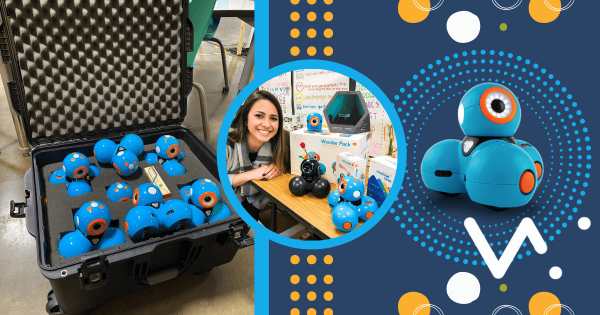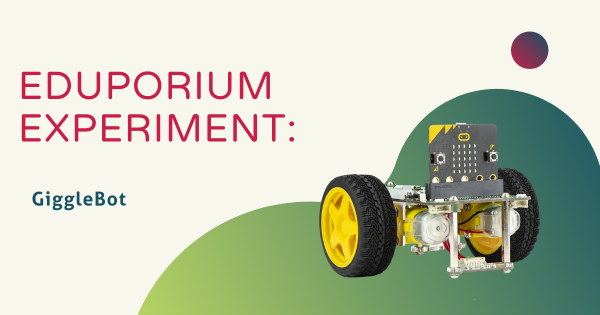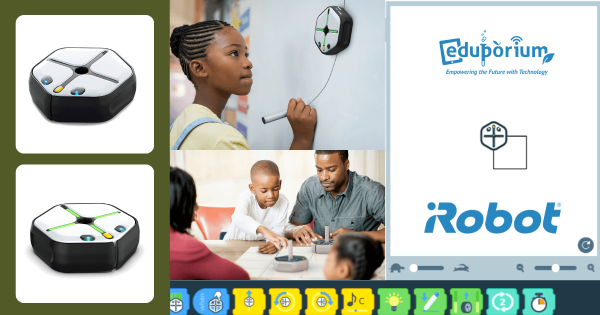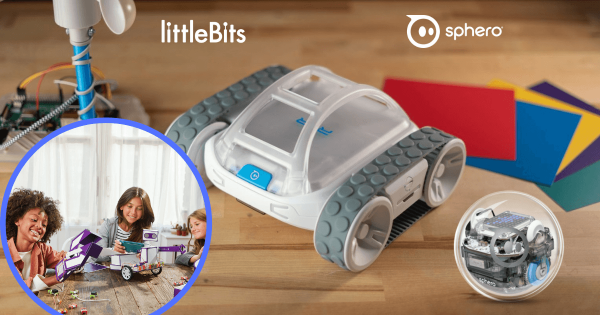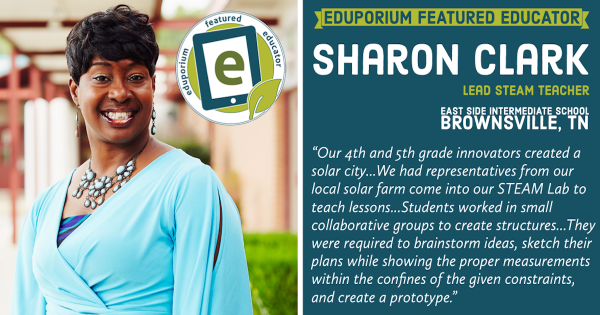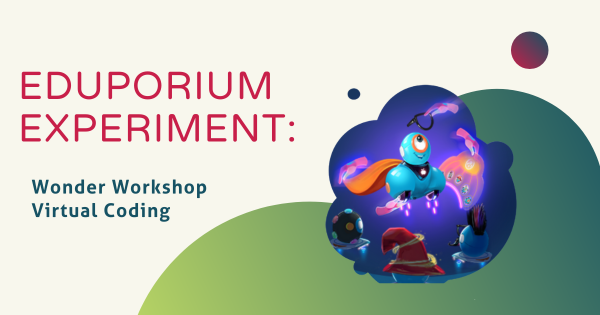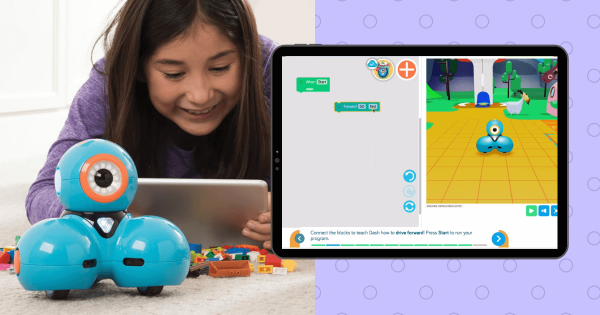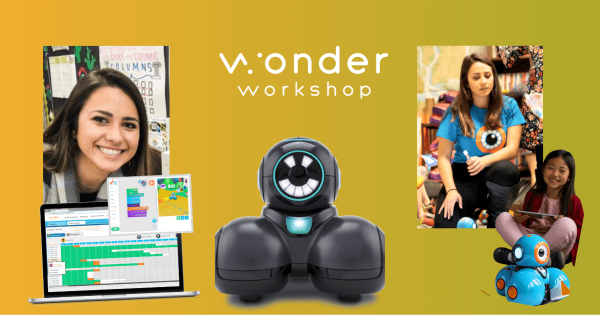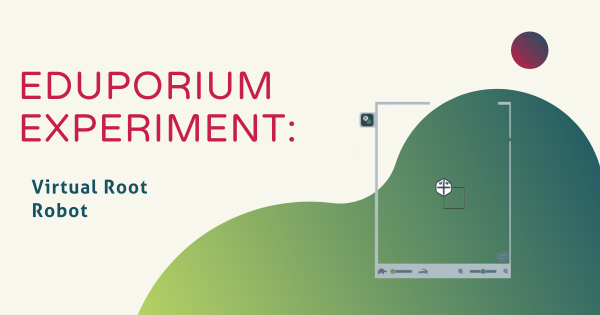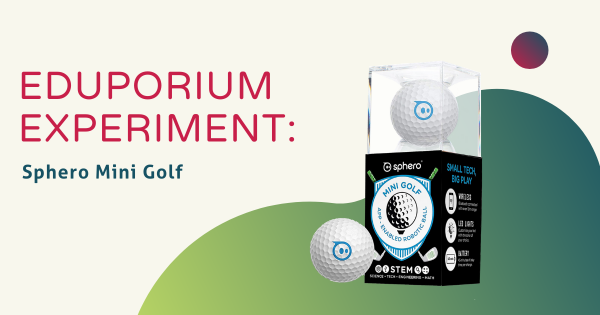Coding
Coding is, of course, a hugely important area of 21st century education. Whether they're as young as Pre-K or ready to enter college, coding is extremely relevant to almost every student's future. Thankfully, millions of educators and administrators realize the importance of teaching kids to code. Whether it's a curricular requirement or part of an informal school club, programming experiences are amazingly valuable for students. There's also plenty of options, so educators can find something without complicated or pricey features. In this section, you'll see a lot of different topics related to K-12 coding. These include features on particular STEM tools, insights on coding integration, skills students can develop and more. There's also something for teachers of all grade levels. Whether you teach the early grades or have students with the foundation to take the next step, you'll find helpful resources for teaching coding in the classroom.
Coding is truly an experience that all K-12 students can have. Starting in the early grades, students can code screen-free with a tool like the Cubetto Robot. Then, they can start to increase their coding skills and explore Blockly environments using tools like the Dash Robot, Ozobot Evo, and many others. From there, students can explore a bunch of different languages, like Snap!, Scratch, MakeCode, and more and, eventually, expand their skill sets by exploring text-based languages, like JavaScript and Python. All the while, the STEM solutions we advocate for also allow students to learn the most important coding concepts, like loops, variables, inputs, conditionals, and syntax. With a natural progression that leads to increased computer science competencies and enhanced future readiness, it's tough to understate the relevance of coding experiences in the classroom.
-
Guest Blog: Coding, Standards, and More from Jasmine Saab
Jasmine teaches all subjects, so this allows her to create some pretty fun, cross-curricular lessons. These types of lessons make it possible for her to teach her students all about interesting and relevant subject area content while also introducing them to the world of computer science and coding—and some of her favorite tools to use are the Dash, Dot, and -
Eduporium Experiment | Building The GiggleBot Robot
The GiggleBot is a robot that’s powered by the micro:bit V2 and perfect for the classroom, makerspace, and remote learning. If you’re familiar with the micro:bit, this little computer is truly able to help educators expand coding education and, when paired with this device, the GiggleBot system brings coding to life for curious elementary and middle school students! -
Helpful Updates For Teaching Coding With The Root Robot
Starting in early elementary, students can use the Root Robot to try block coding, move onto hybrid coding in upper elementary and middle school, and then use it to learn text coding in upper middle and high school. Since teachers and students now find themselves navigating remote learning, its newest features help make the Root even more appealing. -
Find Sphero And littleBits Kits, Accessories, And More Here
In case you missed it, the shift with the former STEAM supplier, littleBits, to Sphero now seemingly came full circle. Last week, social media posts from all of the former littleBits channels indicated that everything would soon be moving over to the Sphero channels and, a little bit earlier this week, that’s exactly what we saw happen as this merger -
Eduporium Featured Educator: Sharon Clark
We’re ramping up our Eduporium Featured Educator series to share more accomplishments from teachers, librarians, makerspace leaders, and others! For this post, we’re excited to introduce Sharon Clark, whose made great use of technology in her instruction as a STEAM teacher, using it to help teach both real-world and soft skills. -
Eduporium Experiment | Wonder Workshop Virtual Coding
While much of teaching and learning is now taking place outside of the typical classroom setting, Wonder Workshop has remained committed to creating solutions that are easy to access, learner centric, engaging, trackable, and provide parents with the knowledge and tools to assist their children while learning at home. Learn about the virtual Dash here! -
Keep Coding Active with Wonder Workshop's Class Connect
Teachers miss their students. Graduations and proms have been cancelled. Most students already know they won’t be in a school again until (at least) the fall. It’s seriously strange, but, like all of us, we’re trying to make this period of time as normal and productive as possible. That’s why we’re very excited to share more about what they’ve been -
Coding Activities for Elementary Students: Our Summit Highlights
Last week, we were fortunate to be able to sponsor one of the sessions of Wonder Workshop’s Virtual Summit. We provided a raffle prize for the ‘Coding Activities for Elementary Students’ session led by fourth grade teacher and Wonder Workshop ambassador, Jasmine Saab, who did a fantastic job of educating, informing, and intriguing the audience. -
Eduporium Experiment | Virtual Root Robot
Starting as an iOS-exclusive robot, Root has just recently implemented an online coding platform which can be accessed on most major devices! With iRobot’s online coding platform, students don’t even need the physical Root to practice coding! Keep reading if you want to learn more about how students can code at home with Root’s Virtual SimBot. -
Eduporium Experiment | Sphero Mini Golf Kit
Modeled off of the popular and inclusive Sphero Mini Robot, their Mini Golf Kit comes with a custom, redesigned Sphero Mini that looks like a real golf ball—and students can drive, program, and play with it in all kinds of ways as they try to sink their own hole-in-one! Keep reading to learn more about the simplicity of the Sphero Mini,




